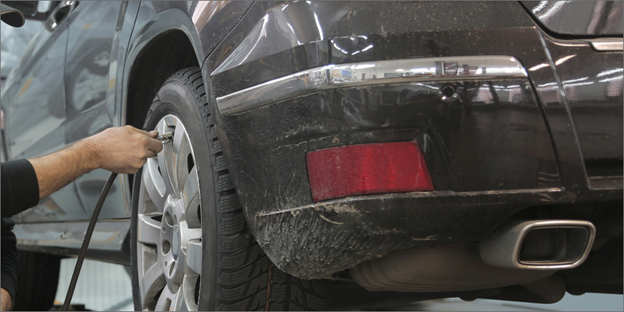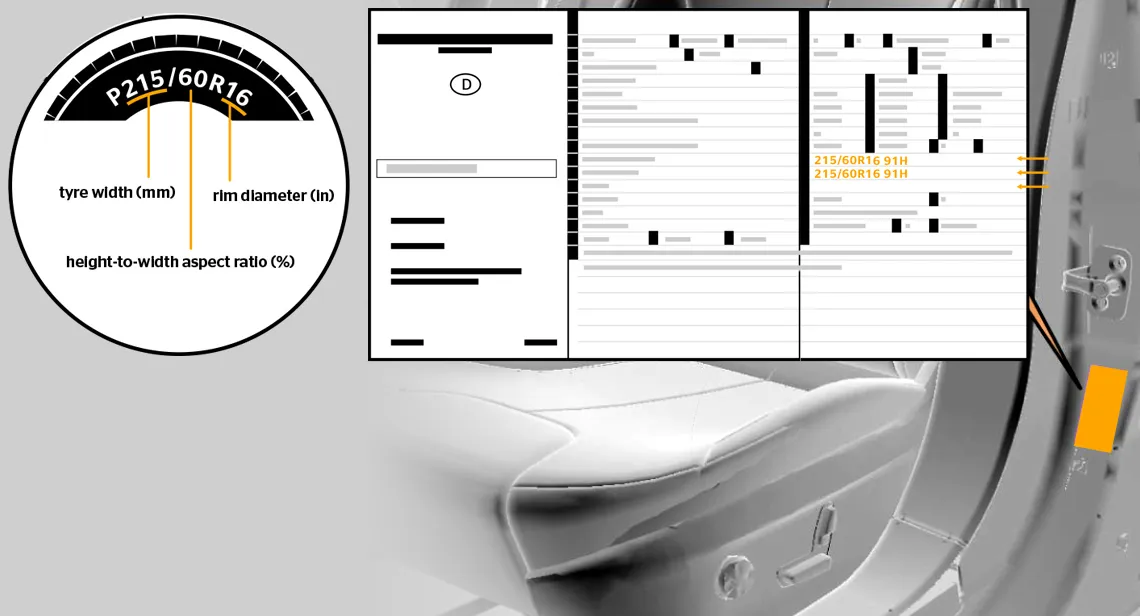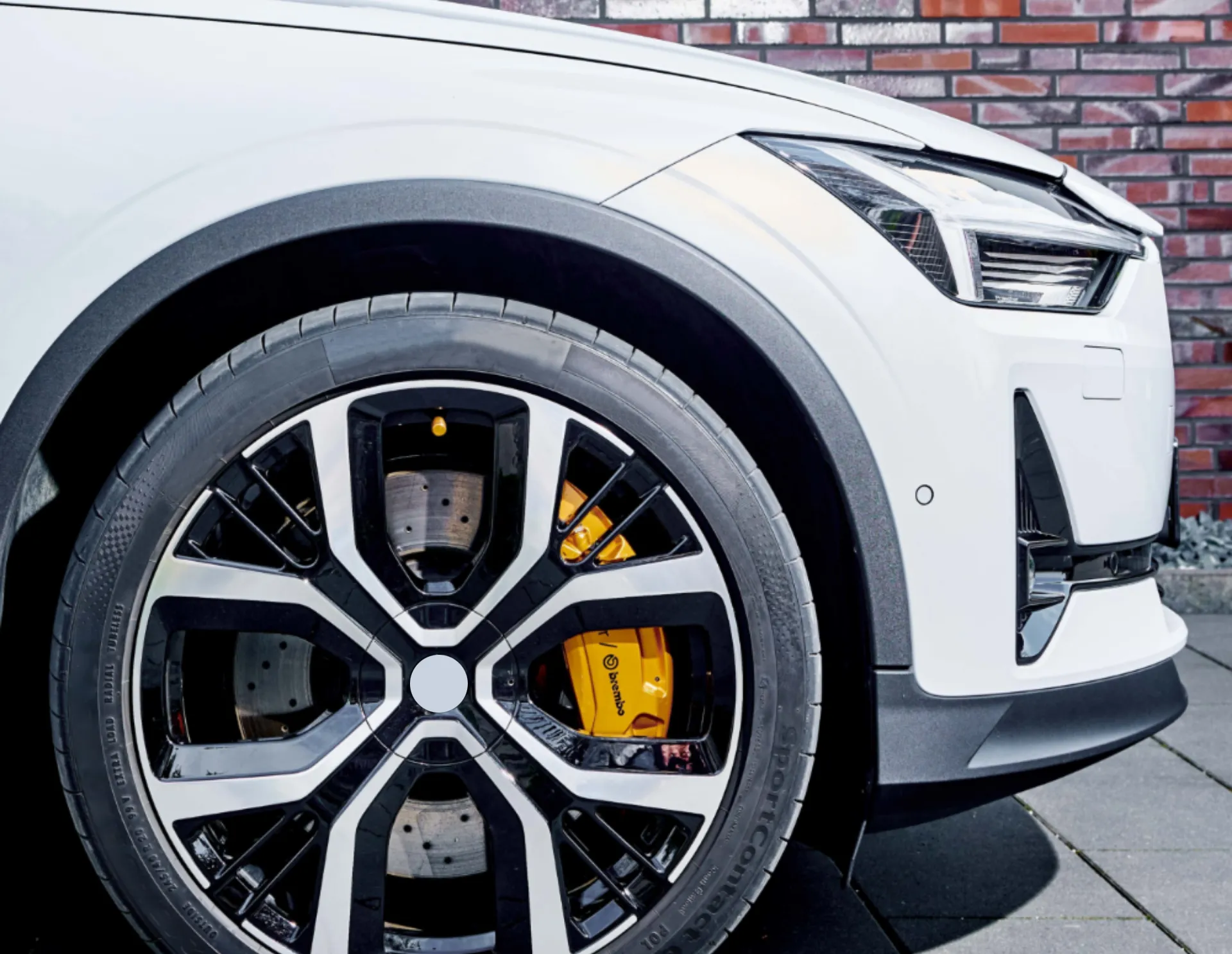
In the days of this rising inflation and lack of increasing sources of income, a sane person should learn to take care of the things that he owns to make them last longer. One of the top life essentials of a family or an individual includes your vehicle. No matter how old or new it is, machinery needs care just like a human being, or maybe more than that. But make sure you choose the right ways for your vehicle to keep it working longer. In this article, we will discuss the maintenance tips to extend the life of your vehicle. So, let’s get started on the 7 tricks that can make your car last longer.
Even though it may seem impossible, hardly every motorist pays much consideration to maintain their vehicle. But what if you want your automobile to last longer and you want to avoid paying for costly repairs and maintenance? You might want to read these straightforward yet crucial guidelines. And if you go all the way to the end, we'll show you how to use garlic to patch a broken windshield. You'll never think it's true.

One, don't overload the clutch.
Let us now provide some guidance to those of you who favor a stick shift. In those drawn-out traffic lights, don't hold the clutch if your car got a clutch. The components that are related to it just deteriorate more quickly because they are working too hard when they need to be resting. Shift into neutral for brief stops, then depress the clutch just before starting. Moving. Bonus Garlic can repair a damaged windshield. Many people enjoy garlic because of its flavor and the perfume it gives their food, although vampires despise it. But did you know that it also does wonders in terms of vehicle upkeep?
Take a clove, that's all. Make a longitudinal cut. Rub the side that was sliced down the center over the crack, then dab away any extra juice using a paper towel or napkin. Although it's not a professional remedy, it will stop the crack from becoming worse until you can get it fixed.

Two, avoid overloading.
Overloading your car is detrimental to its performance. transmission, tires, steering, suspension, and engine. Additionally, overloading raises fuel consumption and makes driving the automobile more challenging. You should familiarise yourself with the maximum load capacity for your to prevent these issues. Try to purge your automobile of any unnecessary items. Admit it: the majority of us have a lot of clutter in the trunk and other items in the back seat. Even while a bag of salt in the trunk is quite helpful on an icy winter road, it will merely make your car heavier in the summer. Carry only what you absolutely must have at the time.

Three, don't forget about vehicle inspections and repairs.
Similar to people are cars. They require routine medical exams and testing. Unfortunately, many drivers are unaware of this and disregard regular maintenance. They are shocked when their automobile breaks down on them though. Hmm. The simplest method to avoid a costly auto repair is to maintain regular checkups and inspections. When determining how frequently to change your oil and air filter in the future, consult your car's handbook and keep in mind that a lot relies on your driving style. Also remember to check things like the oil level, tire pressure, wiper fluid, and other things that you can perform on your own. Get annual inspections, and remember that the time of year will affect how often you need to perform maintenance. The mileage, too?

Four, don't ignore the dashboard.
Your automobile can identify when anything is wrong by using the symbols on the dashboard, such as when the brake fluid level is too low, the electrical system is malfunctioning, or the engine is overheating. If you discover the engine is acting up, visit an auto repair shop as soon as you can to prevent costly repairs or perhaps an accident. driving when your lights flash. As soon as possible, slow down because this can be an indication of a major issue. Any issues with the engine's complete management system are displayed by the engine light.
Once you have slowed down if the light still flashes, stop the car and contact a garage with an onboard computer reader. The brake light informs you. That's a part of the braking system someplace. Something is not right. In truth, this indicator may tell you a variety of things, such as whether your emergency brake is engaged or how much brake fluid you have left. The oil light will shine if your oil pressure is low. Take it seriously because if you keep the engine running while this light is on, it won't be long before it's game over. A clogged oil filter or a damaged oil pump may be to blame for low oil pressure. Whatever the situation, just don't dismiss it.

Five, park correctly.
There are far too many motorists who put their vehicles in the park before coming to a complete stop. You must stop doing this since it damages your transmission significantly and necessitates a costly repair. The same is true if you shift into drive or reverse before coming to a complete halt. Not at all. Always come to a complete stop before changing gears in your automobile. Here's one more piece of parking advice: don't forget to use your emergency brake. Even if your automobile has parking gear, your emergency brake might still be useful. And I'm not simply referring to braking suddenly if you park on an uphill.
Put your car in park and keep in mind that there aren't many level areas. The gearbox is under too much pressure as a result. Rarely, it could even dislodge or stop working. The wisest course of action is to utilize the emergency brake since, if left unused for a long time, the wires that link it degrade and might fail you in a moment of need.

Six. Brake Pads
While sudden acceleration and braking may seem exciting, they are quite bad for automobiles. The various automobile systems take a beating from them. The brake discs and pads last significantly longer, and the transmission and engine endure significant damage. Additionally, you're simply using more gas than is necessary. Sharp turns will result in tire balding, and it should go without saying that trying to drive like a NASCAR driver increases your risk of collision. Please take care.

Seven, keep your tire pressure in check.
The right tire pressure is like the perfect amount for Goldilocks. Serious issues may arise if it falls or rises too far. when tires are underinflated. If your tires are underinflated even by two PSI, the resistance against the road is greater, which causes an excessive amount of heat to be produced within the car. You'll get 2% less mileage now. This multiplied by the number of miles you travel each day will result in you spending all of your money on petrol alone. And be prepared to spend more money on tires because the same tire will last 4000 fewer miles if it is two PSI underinflated. And if you're thinking that you can simply over-inflate my tires and get insanely fantastic gas mileage, what do you think? Well, reconsider.
The handling and drivability of automobiles are significantly impacted by tires having too much air in them. Your chances of hydroplaning, sliding or getting into an accident greatly rise. Checking your tire pressure at least twice a month, but once a week is preferable, will help you prevent these problems. Make sure your tires aren't warm to the touch as you fill them with air, and don't overdo it. Likewise, you must promptly change your tires. Remember to rotate your front and rear tires at least after every 10,000 kilometers, and don't forget to change your tires for the season.
Do you know of any further strategies to prolong the life of your car?







